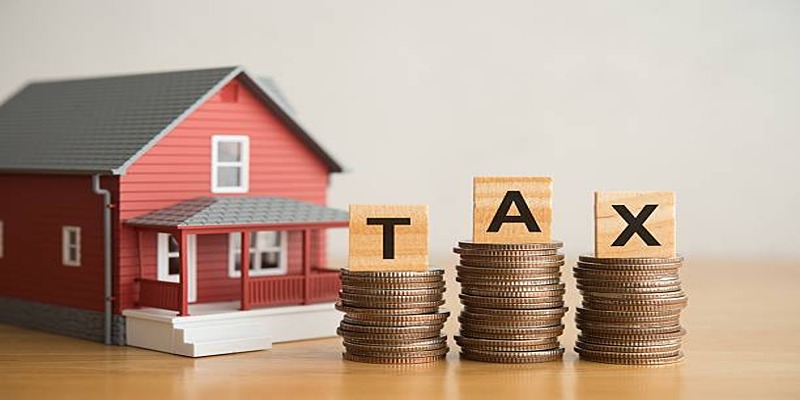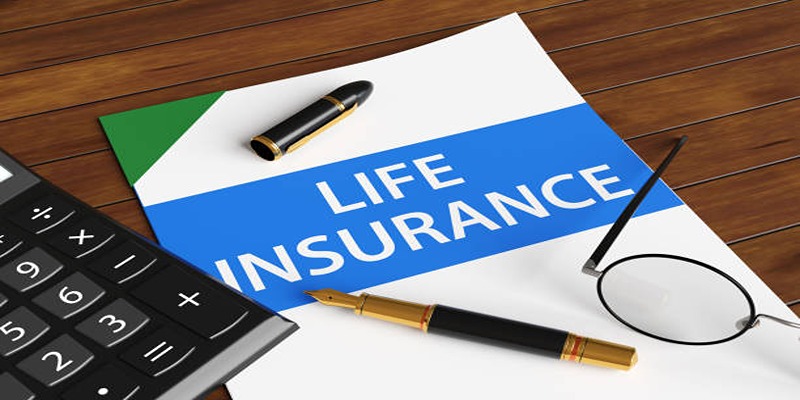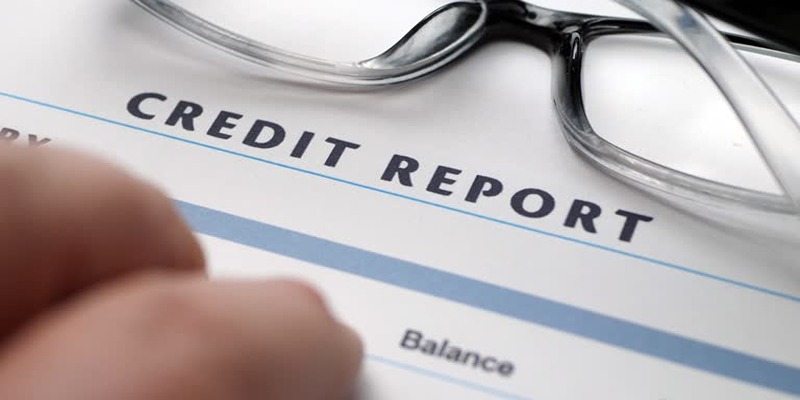When you're browsing homes or looking to sell, chances are, someone with a sharp blazer and a confident handshake pops into the picture. That’s usually your real estate agent. But then, behind the scenes — or sometimes right in the mix — there’s someone else: the real estate broker. They aren’t just another player in the property game. They’re the person who holds more responsibilities, a higher license, and, often, more skin in the game.
A broker isn't simply an upgraded agent. Think of them as the person who's passed more tests earned more credentials, and, in many cases, built a career long enough to help others build theirs. Let's peel back the curtain on what it really means to be one.
Not Just a Title — A Broker Has a License That Sets Them Apart
The first thing to understand is this: all brokers are agents, but not all agents are brokers. The difference is in the licensing. A real estate broker has undergone additional training beyond what's required for a real estate agent. They've taken a broker licensing exam, which is typically longer and more detailed. While agents are licensed to represent buyers and sellers, brokers are licensed to do that, and then some — they can open their brokerage firm and hire agents to work under them.
There are also different types of brokers, and not everyone with the title does the same thing. Some manage entire teams, while others operate solo. But one thing is clear: they carry more responsibility and, in most cases, more liability.
The Three Faces of a Real Estate Broker
Even though “broker” sounds like one single job, there are actually three distinct roles within that umbrella.
1. Principal Broker (Sometimes Called the Broker-in-Charge)
This is the top dog — the person legally responsible for every transaction that goes through the brokerage. If a deal goes sideways, this is who answers to the state board. They supervise all the other brokers and agents working under the brokerage name. They make sure the paperwork is done correctly, contracts are legal, and that their team is following the rules.
2. Managing Broker

The managing broker focuses more on daily operations and team leadership. They train agents, oversee transactions, review listings, and make sure that everyone working under the firm understands what they're doing. Think of them as the floor manager of a bustling store — making sure things move smoothly but not necessarily owning the place.
3. Associate Broker
This one’s a bit of a hybrid. Associate brokers have the credentials to operate independently, but they choose to work under a principal broker instead. They don’t carry the full weight of responsibility that a principal broker does, and they usually don’t manage anyone. Instead, they work much like an experienced agent, with more autonomy.
What Exactly Does a Broker Do?
A real estate broker’s daily tasks go far beyond what people see on the surface. While the image might be someone touring properties or making phone calls, the reality runs deeper. Here's what fills their plate:
The List and Sell Properties
Like an agent, a broker can represent clients looking to buy or sell. They run open houses, negotiate deals, draft contracts, and walk clients through every step of the process.
They Supervise Agents
Brokers are responsible for overseeing the agents working under them. This includes training, compliance checks, and sometimes even mediating issues between clients and agents.
They Handle Legal and Financial Oversight
From managing earnest money deposits to making sure disclosures are filed correctly, brokers make sure deals stay on the right side of the law.
They Run the Business

For brokers who own or manage a firm, the job also includes hiring, marketing, budgeting, and growing the brand. They’re not just salespeople — they’re running a business, and every listing or deal is part of that.
Steps to Become a Real Estate Broker
Becoming a broker isn’t something you jump into straight after getting your real estate license. It takes time, experience, and a good deal of study. Here's how that typically unfolds:
Step 1: Get Licensed as a Real Estate Agent
Before anything else, you have to start where everyone else does — with a standard real estate license. This requires finishing a pre-licensing course, passing a state exam, and working under the supervision of a licensed brokerage.
Step 2: Gain Experience
Most states require you to work as a licensed agent for a certain period — often two to three years — before you can qualify to become a broker. This isn’t just about clocking time; you’re expected to close a minimum number of transactions to show you know the ropes.
Step 3: Take Broker Education Courses
These are separate from the courses you took to become an agent. Broker education digs deeper into topics like business management, legal compliance, and contract law. It’s more technical and more comprehensive.
Step 4: Pass the Broker Exam
This is usually a longer and tougher version of the original licensing test. It covers broader subjects and often includes complex math, legal scenarios, and case studies.
Step 5: Apply for Your Broker License
Once you’ve passed the exam, you submit your application and paperwork to the state board. After approval, you're officially a broker — free to open your own office, hire agents, or continue working independently.
Final Thoughts
A real estate broker is more than a seasoned agent. They've done the extra work, taking on more responsibility, and often carry the weight of an entire team’s success. Whether they’re guiding clients or running an office, their role is essential to how real estate operates behind the scenes.
So next time you're at a home showing or negotiating an offer, just know — there's likely a broker making sure everything clicks into place. And that quiet professionalism? That’s usually a sign you’re in good hands.












